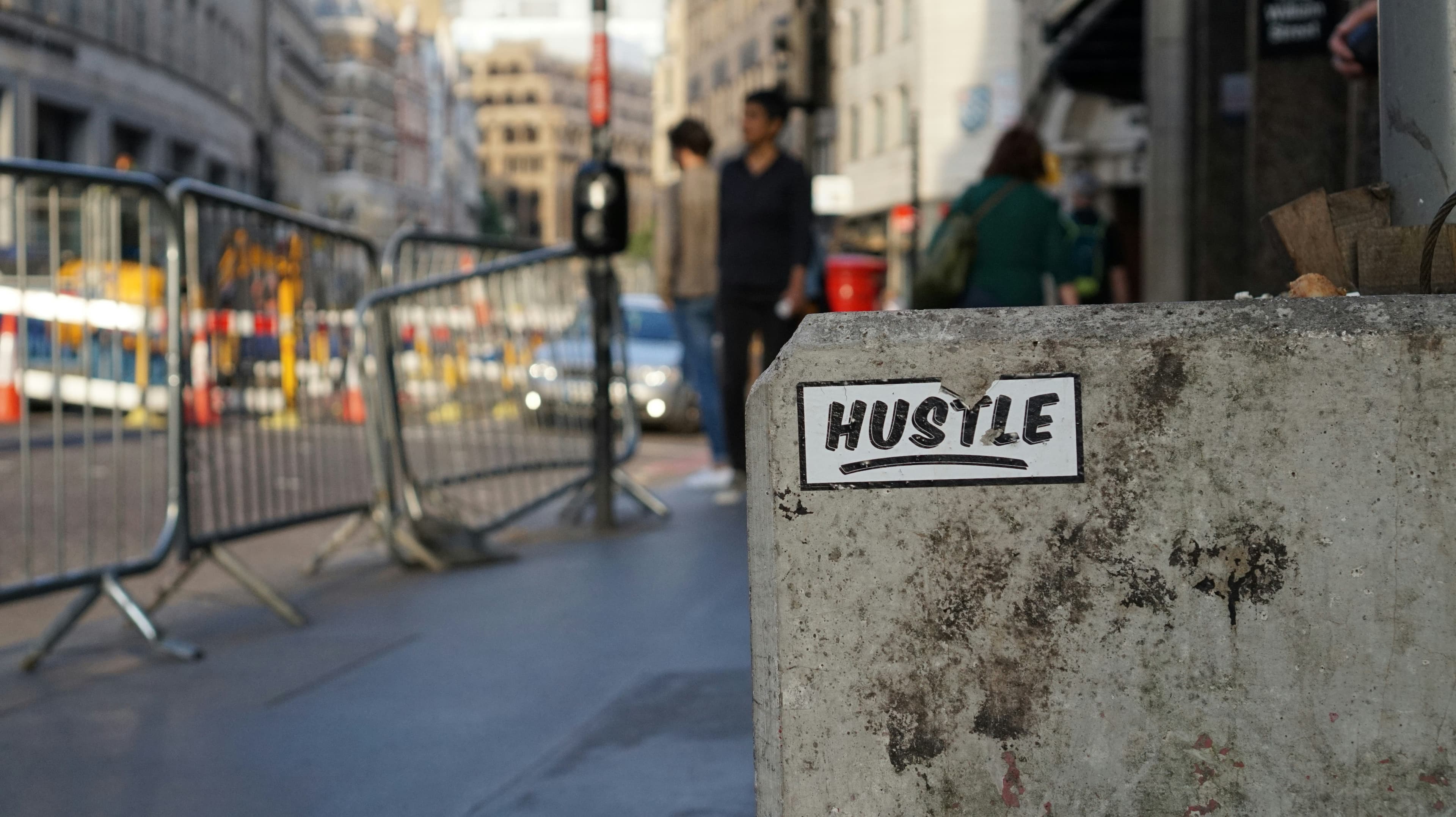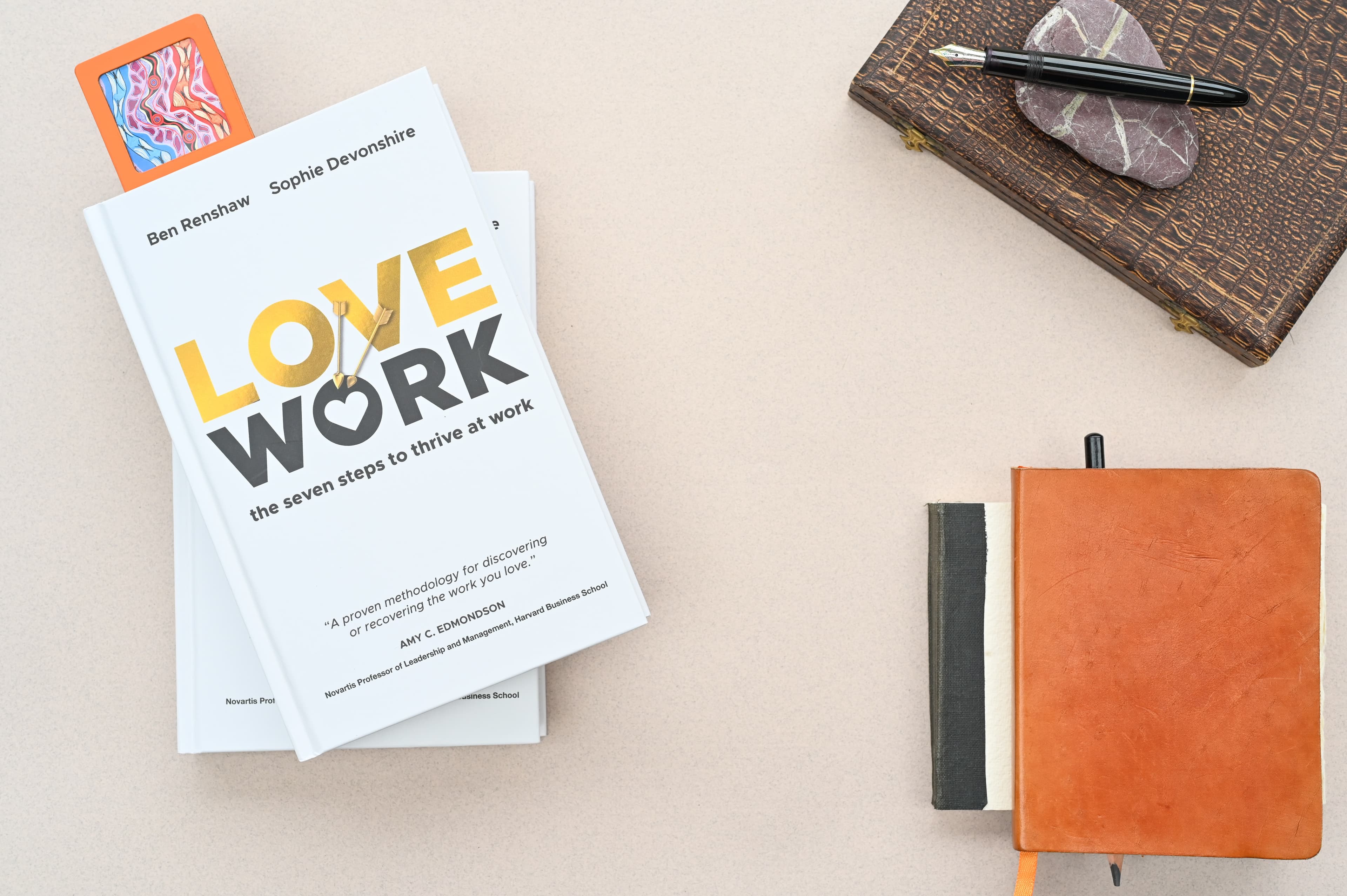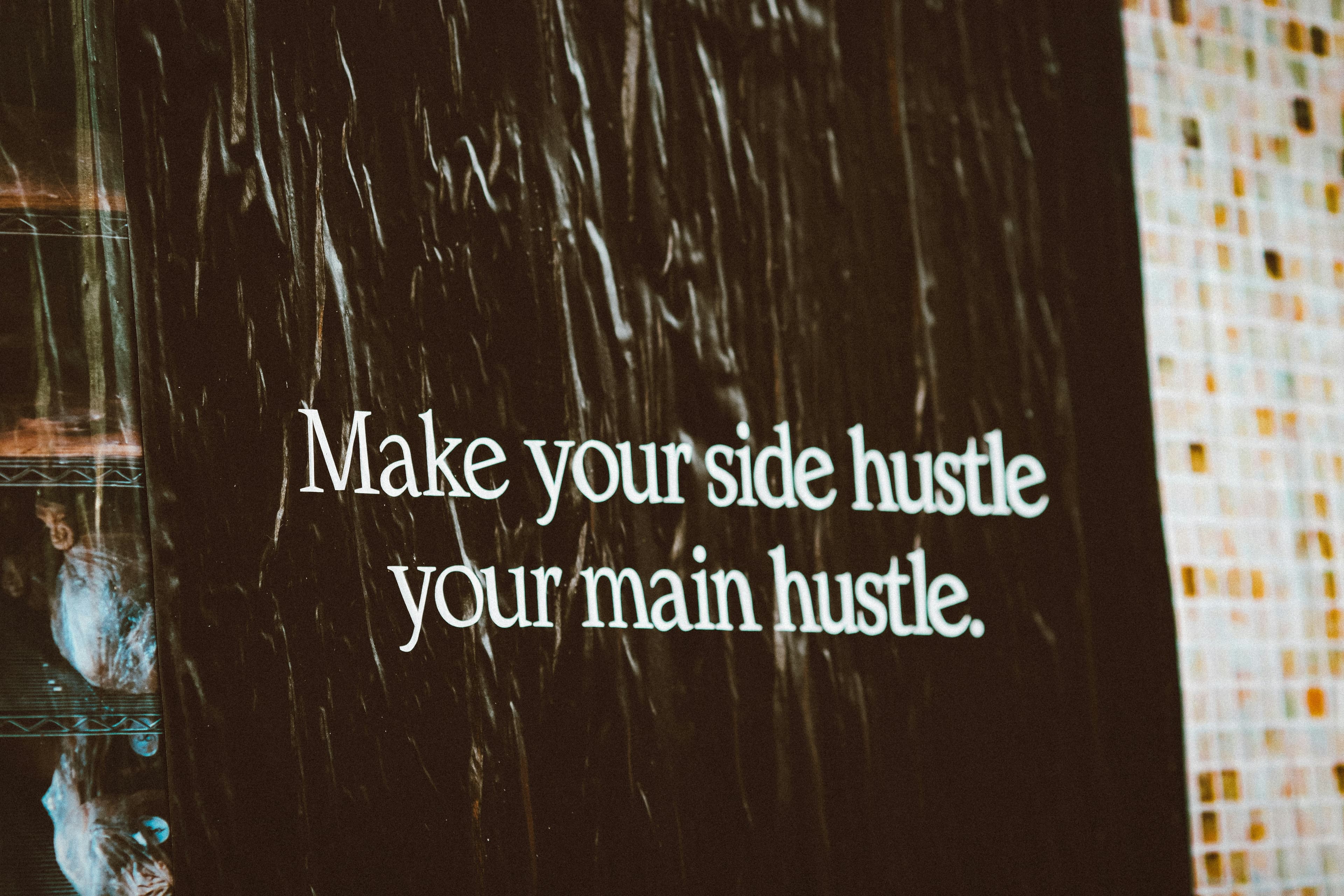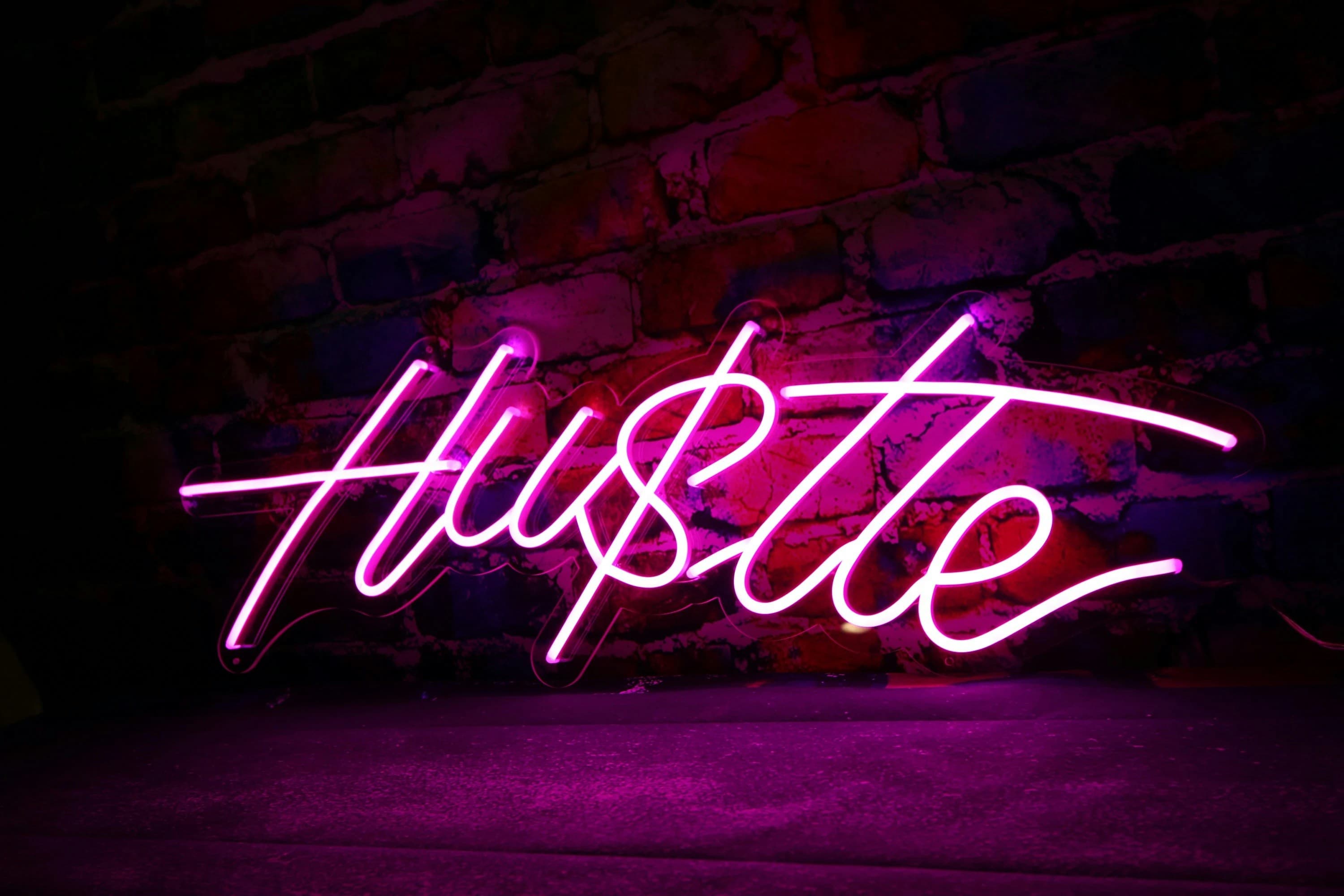Why Blame and Excuses Are Killing Your Progress

Think back to when you were a toddler. At that point in your life, the way your mind was wired was pretty much perfect. It didn't come loaded with flawed programming that held you back or warped your sense of self. Nobody had taught you about limiting beliefs yet. For most of us, that was the last time we were truly set up to build the life we wanted, free from all the negative conditioning that came later.
The goal is to hit a reset button on our mental operating system, taking it back to that early, unrestricted state. To do that, we have to remember how a child thinks, especially before the age of two. That’s the magic number—the point where the outside world started to chip away at the optimal beliefs we were born with.
When you really observe a young child, one of the first things you’ll notice is the complete absence of deflective behaviors. They don’t make excuses. They don’t rationalize failure. They don’t blame anyone or anything else. Before they turn two, children take complete ownership of themselves and their actions.
Imagine for a second how different life would be if a toddler was wired for excuses. Every stumble, every fall, every bit of adversity would be met with a reason why they couldn't possibly walk. They’d be thinking things like, “Walking must just be for other people, not me,” or “This whole talking thing is impossible.” If children came into the world knowing how to blame and rationalize, our planet would be full of adults crawling around and making incoherent sounds. It’s a good thing that’s not how we’re built.
The Victim Mindset Doesn't Win
Now, contrast that with what you see in many adults. Just listen to the conversations around you. It won’t take long to hear a long list of excuses, blame, and finger-pointing. It’s as if many people believe that everything in their world is completely outside of their control, that they are just powerless pawns in a game being played against them. A young child operates from a belief of control, while many adults operate from the perspective of being a victim of their circumstances.
Here’s the problem with that viewpoint: in life, people with a victim mindset never win. It’s a fundamental truth that most people fail to see. Excuses, rationalizations, and blame are the cornerstones of this mindset, and they are the single greatest killers of a successful life. Nothing holds a person back more than the thought that it’s someone else’s fault or that they are powerless to change their situation.
Many years ago, I met a gentleman named Gus Fernandez who shared a piece of advice I’ve never forgotten: “In life, you can make excuses, or you can make yourself successful, but you can't make both.” Of course, bad things will happen. Circumstances will be challenging. People will disappoint you. That’s just part of being alive. But allowing those misfortunes to fester into victim thinking is toxic.
Breaking Free from Blame
For most of my life, I lived as a victim and didn't even know it. I was too immersed in my own excuses and blame to see them for what they were. They were such a part of my daily navigation that I couldn't separate myself from them. One of the greatest gifts of a near-death experience I had was that it forced me to break away from the lies I’d been telling myself.
Yes, bad things had happened to me. People had hurt me and made me feel insignificant. I hadn't always been treated the way I felt I should have been. But at some point, you have to ask yourself: so what? Are you going to let your past define your future? Are you going to let the negativity behind you poison everything in front of you? Before my wake-up call, I never even considered these questions; I just assumed my past was destined to define my future.
I think this is true for a lot of us. We rarely step back from our negative experiences to see how they’re shaping our perspective and undermining our own capabilities. But what if all that bad stuff could actually be the fuel for your potential? What if it could give you strength and perseverance? Your past can empower you to build a better future, but only if you choose to let it. The power to let go and control your perspective, rather than be a victim of your past, is a complete game-changer, especially if you're thinking of .
So, how do you know if you’ve fallen into the trap of victim thinking? Just look and listen. Notice your emotions. Are they mostly negative—fear, anger, resentment, jealousy? Then, listen to that little voice in your head. Is it comparing you to others, feeling sorry for yourself, or pointing fingers? Negative emotions and self-talk are the warning signs.
Bad things happen to everyone, not just you. As the Greek philosopher Epictetus said over 2,000 years ago, “It's not what happens to you, but how you react to it that matters.” Your choices in those moments can lead you to greatness or mediocrity.
The Power of Ultimate Responsibility
History is filled with examples of great things that came from terrible situations. Jonas Salk invented the polio vaccine after seeing hundreds of thousands paralyzed by the virus. Mary Kay Ash started her billion-dollar company after being passed over for a promotion by a man she had trained. John Hetrick invented the airbag after a car accident with his family. They took ownership of their situations instead of making excuses. A successful often starts the same way—by solving a problem instead of complaining about it.
The sad reality is that most people spend their lives perfecting the art of finding reasons why something won’t work. But every time you make an excuse or point a finger, you give away your power. You can't build anything on a foundation of victim thinking. It’s as stable as shifting sand. So why do some people escape this trap while others sink in it? It comes down to two words: ultimate responsibility.
When you get right down to it, there are only two things you have complete control over: what you choose to pay attention to and the actions you take. That's it. When you truly take ownership of those two things, you are accepting ultimate responsibility. People who do this let go of excuses and blame. They don't wallow in self-pity; they learn from setbacks, adjust, and try again. This mindset is crucial for anyone trying to turn a .
If There's a Problem, You're the Problem
About a decade ago, I was meeting with a mentor's mentor, Randy, a man of incredible wisdom. That morning, I’d gotten into an argument with my wife and was still feeling frustrated. When Randy asked me how things were going, I eventually told him about the fight. I was expecting sympathy. Instead, he looked me dead in the eye and said, “David, if there's a problem, you're the problem. Fix the problem.”
It wasn't what I wanted to hear, but he was right. He put me back in a position of ultimate responsibility. If a problem is bothering you and you're doing nothing to fix it, then you have become the problem. You need to fix it and move forward. My ten-year-old son, Ben, once said it perfectly at dinner: “You really don't have the right to complain if the answer to your problem is right under your fingertips.”
A Framework for Taking Control
If you want to regain control, you only need to accept ultimate responsibility in three key areas.
- Only you can decide what success means for your life. Don't let advertisers or anyone else define it for you. Happiness comes from living life on your own terms.
- To achieve your goals, you'll need to learn new skills. Great things happen when you are constantly working to become more. If you're , this means continuously improving your craft and business acumen.
- Challenges are inevitable. Things will go wrong. Instead of wasting energy on blame, invest it in figuring out how to persevere and solve the problem.
Great accomplishments are always built on a foundation of overcome obstacles. Oprah Winfrey was born into poverty and abuse but took responsibility for herself and became a media mogul. Nick Woodman failed with two startups before founding GoPro and becoming a billionaire. Viktor Frankl survived the horrors of concentration camps and used his experience to teach the world about finding meaning, saying, "The last of one's freedoms is to choose one's attitude in a given situation."
The Simple Formula for Success
One night I was watching a biography of Haroldson Hunt, who went from being broke in 1921 to becoming one of the wealthiest people in the world. When asked for his secret, he offered a simple two-part formula. First, decide exactly what you want to achieve. Second, willingly pay the dues to get it. He noted that most people fail because they don't know what they want, and even if they do, they aren't willing to pay the price. He was so successful because he accepted ultimate responsibility.
How to Make the Shift
Breaking a lifelong habit of making excuses isn't easy, but it’s possible. It starts with asking yourself two simple questions whenever you face a hardship.
- Before you react, seek to understand. What are the underlying issues? What is the root cause?
- Consider your options. What is your best response? Which action will move you closer to your goal?
Action creates information, which enables better decisions. The most dangerous risk is to risk nothing. You are not powerless; there is always something you can do.
Don't wait for life to come to you. Waiting and wishing is a terrible strategy for happiness and success. Whether you want to or achieve something great in your career, you must make it happen. You have to take control of your destiny. Ultimate responsibility is the first, most fundamental program of your newly rebooted brain. Embrace it, and it will serve you well.








